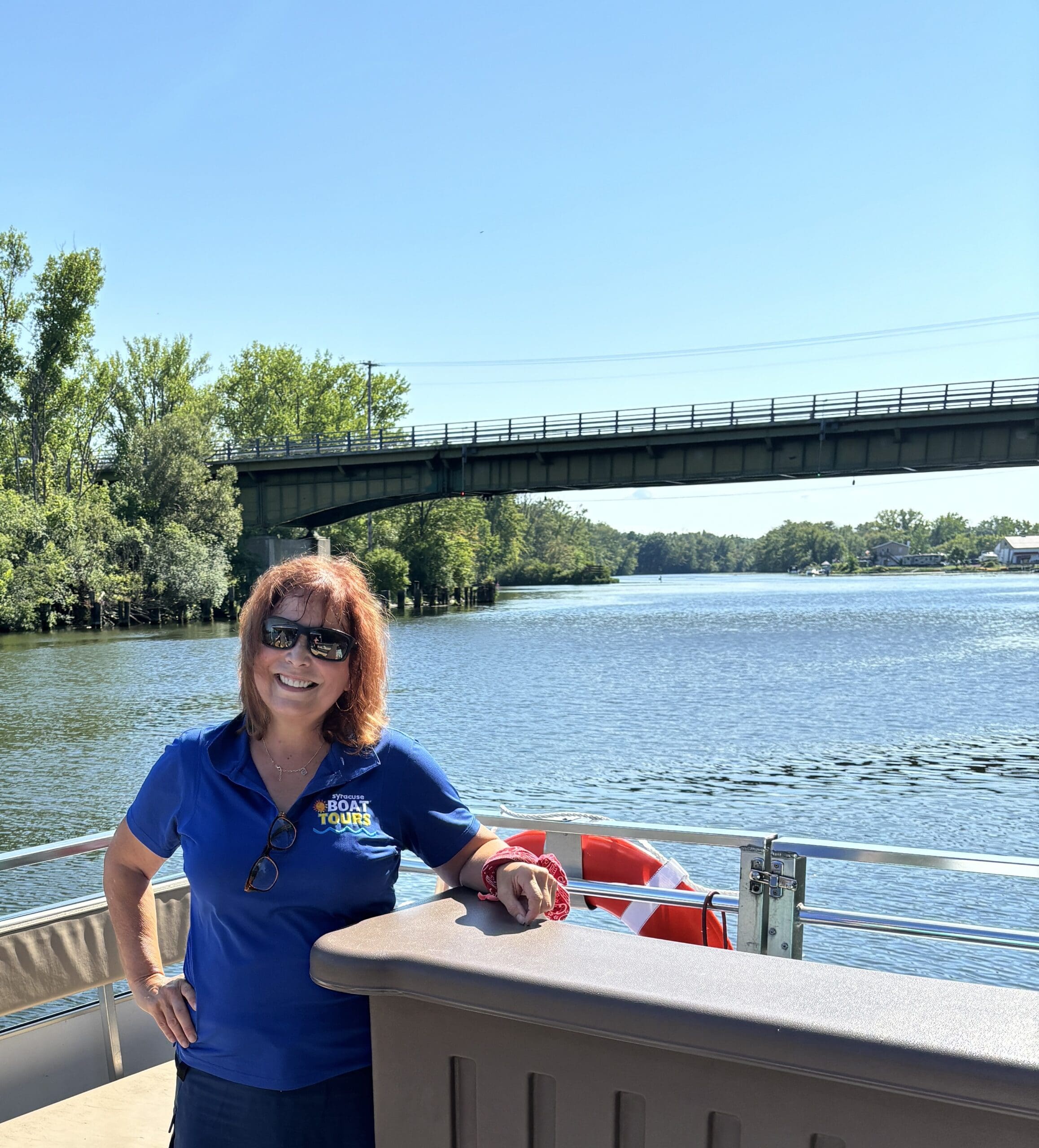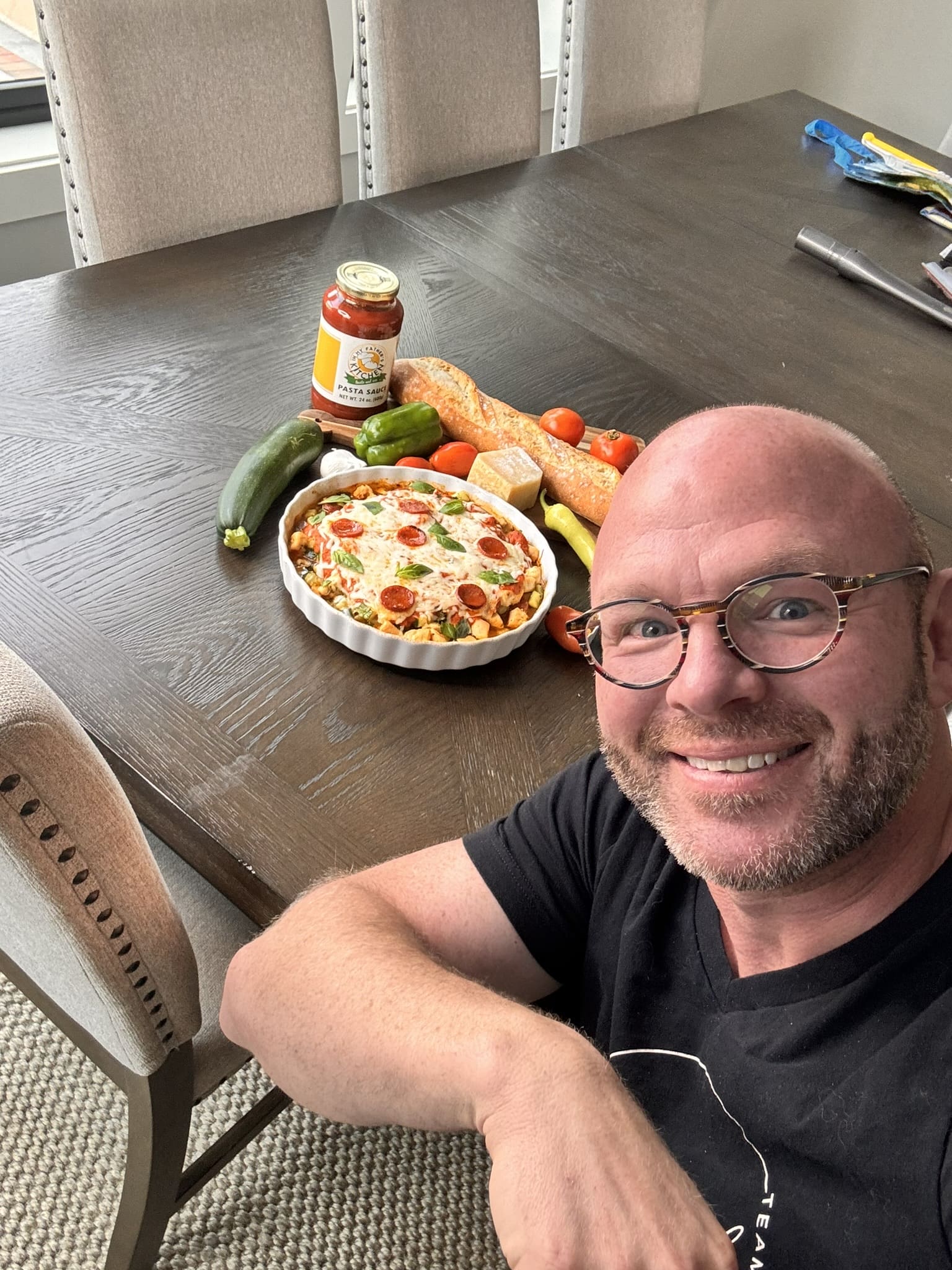Submitted by Briana K. Wright, Esq.
Corporate attorney
Article 15-A of the Executive Law enacted on July 19, 1988, governs the minority- and women-owned business enterprise certification program in New York state. The law is intended to promote equality of economic opportunities for M/WBEs and eliminate barriers to their participation in state contracts.
The law authorized the creation of the Division of Minority and Women’s Business Development whose purpose is to: encourage and assist NYS agencies and authorities engaged in state contracting to provide minorities and women with meaningful participation in such state contracts; review applications for M/WBEs seeking certification under the program; and promote business development of M/WBEs through education and outreach.
In order to become certified in New York state, a business must:
- be at least 51 percent owned by one or more minorities and/or women.
- be independently owned, operated and controlled by one or more minorities and/or women (this ownership must be real, substantial and continuing).
- the minority and/or woman owner(s) must control the day-to-day business decisions of the M/WBE.
- eachminority or woman owner may not have a personal net worth exceeding $3,500,000 after allowable deductions.
- not employ more than 300 individuals.
- operate independently of any other business.
- generally be in operation for at least one year.
- be formed or qualified to do business in NYS.
Easy enough. Or is it?
Businesses seeking M/WBE certification must apply using the New York State Contract System. The application process is daunting. The application itself is long and cumbersome. There are many questions and a significant amount of ancillary documents that the division requires each M/WBE to upload. The application is not difficult, but ensuring that your M/WBE has all proper and necessary information and documents is crucial, as missing information or unclear documentation will, generally, hold up the application. Assuming the application is properly completed, it will take approximately one to two years to receive New York state approval.
The requirements to become certified in New York are dense, in terms of what the division is looking for, and require supporting documentation and explanation. For example, simply stating that the minority or woman owner “independently owns, operates and controls” the M/WBE is not enough. Evidence demonstrating this ownership and control is required.
While a descriptive narrative is not included in the list of required documents, we recommend including one. Years ago, staff at the division made site visits to an applicant’s business to get an idea of how the business operated. This provided an opportunity for division staff to speak with employees and the minority and/or woman business owner(s) to obtain a full picture of what the M/WBE did on a daily basis, how it was run, who was in charge, etc. Due to the volume of applications, the division rarely makes site visits now. So how does a M/WBE show the division what their business does on a daily basis? By providing a written narrative. The narrative should include a description of the business, what it does, how it’s run, who is in charge, what a typical day looks like for the business and for the minority/woman owner.
If a M/WBE is denied certification, absent a waiver, the M/WBE cannot apply again for another two years. Again, this is why it is critical to include the proper information and documents in the initial application.
Why would a M/WBE want to go through the daunting application process to become certified in NYS? The goal, set by Gov. Cuomo, for W/MBE-certified entities to participate in all state contracts is currently30 percent, which is one of the highest in the United States. This means New York state agencies and authorities, as well as prime contractors, must make good faith efforts to utilize at least 30 percent M/WBE certified entities on state contracts. Accordingly, this provides a substantial opportunity for certified M/WBEs to be included in state contracts.
Additionally, becoming certified allows the M/WBE to be listed in a statewide directory; have access to financial assistance with lending and bonding programs exclusively for certified M/WBEs; access programs that provide technical assistance; access procurement and/or contracting opportunities with NYS agencies and authorities; obtain assistance in business management training with the use of workshops, mentoring, webinars and classes; be included in networking opportunities with other small businesses in the community; and receive customized alerts for upcoming procurement opportunities.
While applying for New York State M/WBE certification may be a tedious exercise and ensuring compliance with the requirements is a critical task, obtaining certification can provide your business with a significant competitive advantage in New York state.
Briana K. Wright is a corporate attorney at Hancock Estabrook, LLP resident in the Firm’s Syracuse office. She serves on the Advisory Board of the WISE Women’s Business Center and regularly assists small businesses in all stages of the M/WBE process in New York state.





